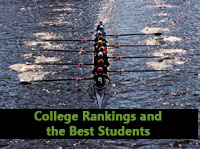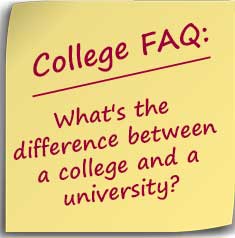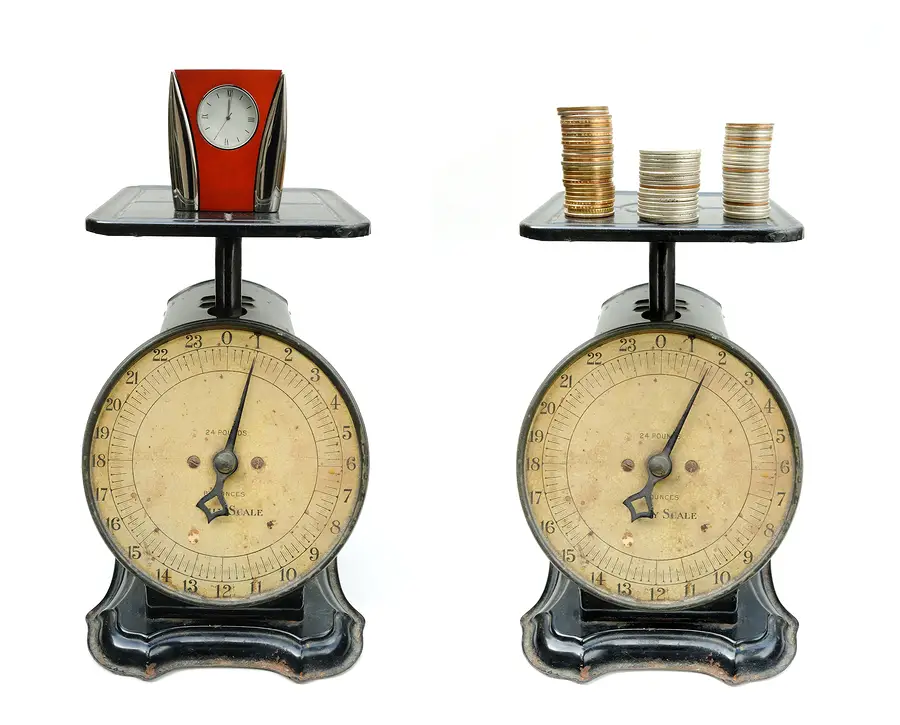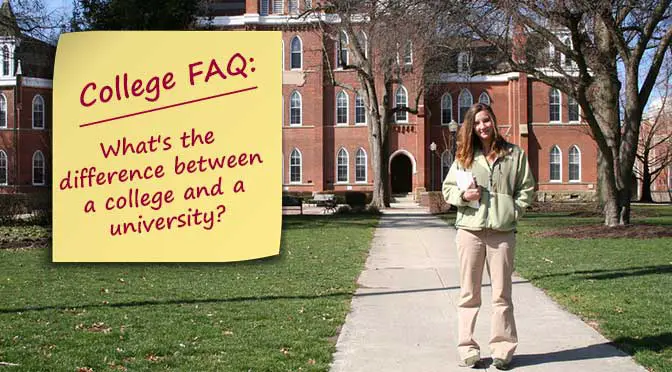 If college graduation rates were high school graduation rates, every politician, pundit, and policy wonk would be in the mainstream media talking about the crisis of college dropouts and devising ways to tie faculty evaluation to student graduation. Not that such an approach is necessarily the answer. After all, given the situation with high school graduation rates, I’m not sure that we would actually come up with any solutions but, boy, we sure would be talking about it.
If college graduation rates were high school graduation rates, every politician, pundit, and policy wonk would be in the mainstream media talking about the crisis of college dropouts and devising ways to tie faculty evaluation to student graduation. Not that such an approach is necessarily the answer. After all, given the situation with high school graduation rates, I’m not sure that we would actually come up with any solutions but, boy, we sure would be talking about it.
College Characteristics
Public Versus Private Colleges: Does it matter?
 There are common stereotypes of public and private colleges. Public universities offer a much lower sticker price than private institutions while private colleges have the reputation of being small and personal but expensive. And while these perceptions contain some truth, you really shouldn’t let them limit your college search.
There are common stereotypes of public and private colleges. Public universities offer a much lower sticker price than private institutions while private colleges have the reputation of being small and personal but expensive. And while these perceptions contain some truth, you really shouldn’t let them limit your college search.
What You Need to Know About Applying to College with a Learning Disability
 Fortunately, when my son was applying to college he didn’t have to deal with a learning disability on top of everything else although I do know quite a few homeschoolers who did have to deal with both issues. It seems to me that the approach one takes in applying to college as a homeschooler isn’t all that different from that of someone applying to college with a learning disability. Ultimately, students have to be prepared to address the issue as appropriate throughout the admissions process.
Fortunately, when my son was applying to college he didn’t have to deal with a learning disability on top of everything else although I do know quite a few homeschoolers who did have to deal with both issues. It seems to me that the approach one takes in applying to college as a homeschooler isn’t all that different from that of someone applying to college with a learning disability. Ultimately, students have to be prepared to address the issue as appropriate throughout the admissions process.
Are TAs Going to be Teaching Your Classes?
 If you attend an institution with non-professional graduate students, the answer in most cases is yes. And they don’t have to be large schools. There are 37 schools with less than 5,000 full-time undergraduates that have at least 50 or more graduate teaching assistants. You’ll even have TAs teaching classes at Harvard and Yale.
If you attend an institution with non-professional graduate students, the answer in most cases is yes. And they don’t have to be large schools. There are 37 schools with less than 5,000 full-time undergraduates that have at least 50 or more graduate teaching assistants. You’ll even have TAs teaching classes at Harvard and Yale.
How can this be?
Should You Start and Then Transfer from a Community College to Save Money?
 Should you start your undergraduate education at a community college to save money? As usual, there is rarely a simply yes or no answer. So many factors for college success vary from institution to institution and so much depends on the individual that any answer is going to have to be qualified.
Should you start your undergraduate education at a community college to save money? As usual, there is rarely a simply yes or no answer. So many factors for college success vary from institution to institution and so much depends on the individual that any answer is going to have to be qualified.
50-50 Highlights: Colleges with the Highest Percentage of International Students
 What does it mean if a college or university has a relatively high percentage of international students? Does it indicate better tuition deals for foreign students either in terms of financial aid or lower out-of-state tuition? Or does it mean that the school is better at recruiting international students for full pay students?
What does it mean if a college or university has a relatively high percentage of international students? Does it indicate better tuition deals for foreign students either in terms of financial aid or lower out-of-state tuition? Or does it mean that the school is better at recruiting international students for full pay students?
Yes, It is Harder to Get Into the Top Ranked Colleges
 Are your chances of becoming president better today than they were in 1990? Given that the population in 1990 was 248,709,873 and increased by 24% to 308,745,538 in 2010, your chances are worse. While the general population has increased, there is still only one president. Despite population growth, we still have 435 members in the House of Representatives, the same number as in 1911. If the proportion of the number of representatives kept pace with the population since then, we would be looking at a House of Representatives approaching 1,500.
Are your chances of becoming president better today than they were in 1990? Given that the population in 1990 was 248,709,873 and increased by 24% to 308,745,538 in 2010, your chances are worse. While the general population has increased, there is still only one president. Despite population growth, we still have 435 members in the House of Representatives, the same number as in 1911. If the proportion of the number of representatives kept pace with the population since then, we would be looking at a House of Representatives approaching 1,500.
What does this have to with college admissions? There are still only eight Ivy League Universities and their class size certainly hasn’t been keeping up with population growth.
What You Need to Know About College Confidential
 College Confidential seems to be a lot like the US News College Rankings. Either people use it blindly as the final word on college admissions or they see it as simply the manifestation of all that is wrong with the college admissions process. The reality is that College Confidential, like US News College Rankings, can be a useful tool in your college search toolbox if used properly.
College Confidential seems to be a lot like the US News College Rankings. Either people use it blindly as the final word on college admissions or they see it as simply the manifestation of all that is wrong with the college admissions process. The reality is that College Confidential, like US News College Rankings, can be a useful tool in your college search toolbox if used properly.
FAQ: What’s the difference between a college and a university?
 In the United States, there isn’t any official difference between a college and a university. There are no rules that require certain types of higher education institutions to use the term “college” and others to use “university.”
In the United States, there isn’t any official difference between a college and a university. There are no rules that require certain types of higher education institutions to use the term “college” and others to use “university.”
Many perceive the difference in terms of size, “university” means big and “college” means small. However, there are 467 institutions with “university” in their name that have 3,000 or less undergraduates with 109 having less than 1,000. There are some pretty big colleges out there as well. A total of 79 have 5,000 or more students, 163 have 3,000 or more.





